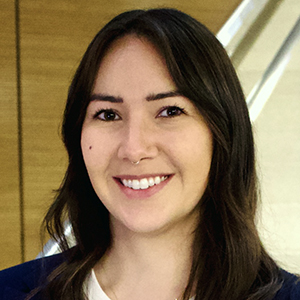Insights into Microbiome and Environmental Contributions to Sickle Cell Disease and Leg Ulcers Study
The Insights into Microbiome and Environmental Contributions to Sickle Cell Disease and Leg Ulcers Study (INSIGHTS) study is exploring sickle cell disease in adults by looking at many factors, including genomic, microbial, physical and social influences.
Contacts

Vence L. Bonham Jr., J.D.
- Acting Deputy Director
- Office of the Director

Hasmin Ramirez-Villegas, M.P.H.
- Clinical Research Coordinator
- Health Disparities Unit

Corina Galindo, M.P.H.
- Program Specialist

Last updated: December 19, 2024

